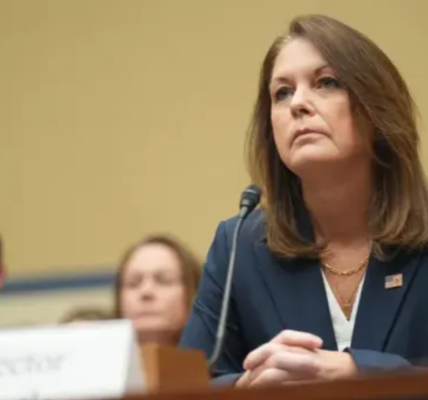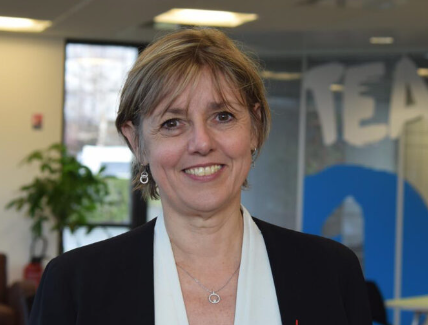
Simon Harris, born on October 17, 1986, in Greystones, Ireland, became the youngest Taoiseach in Irish history in 2024 at 37. His political career started early with advocacy for children with autism and ADHD, later joining Fine Gael. Elected a TD in 2011, he focused on health, education, and housing. As Minister for Health, Harris played a key role in the 2018 abortion referendum and introduced major health reforms. After Leo Varadkar’s resignation, Harris became Fine Gael leader and Taoiseach, known for his progressive policies and effective use of social media to engage with the public.
Early Life and Education
- Initially studied Property Economics at Dublin Institute of Technology before switching to Journalism and French, later leaving to pursue politics.
- Born on October 17, 1986, in Greystones, County Wicklow, Ireland.
- Eldest of three children in a family with a background in public service.
- Attended St David’s Holy Faith Secondary School, where he was head boy and active in drama.
- Founded the North Wicklow Triple A Alliance at age 15 to support families with children facing autism or ADHD.
Early Political Career
Harris began his political career in 2008 as a parliamentary assistant to Frances Fitzgerald, a member of Seanad Éireann. In 2009, he was elected to Wicklow County Council and Greystones Town Council, where his political efforts focused on improving health, housing, and education. He was particularly active in advocating for better support for people with disabilities.
In 2011, Harris made his national debut as a TD for Wicklow, becoming the youngest deputy in the Dáil. He was appointed to key committees, including the Public Accounts Committee and the Oireachtas Committee on Finance, Public Expenditure, and Reform. Harris also introduced the Mental Health (Anti-Discrimination) Bill in 2013.
Ministerial Roles and Government Service
- Appointed Minister for Further and Higher Education, Research, Innovation, and Science in 2020, focusing on funding and reducing student costs.
- Appointed Minister of State at the Department of Finance in 2014, overseeing Public Works, Public Procurement, and International Banking.
- Became Minister for Health in 2016, overseeing reforms like the A Healthy Weight for Ireland Obesity Plan.
- Played a key role in the 2018 abortion referendum and introduced the Health (Regulation of Termination of Pregnancy) Act 2018.
- Faced challenges such as the cervical cancer screening scandal and the National Children’s Hospital cost crisis.
Minister for Further Education and Higher Education In 2020, Harris was appointed Minister for Further and Higher Education, Research, Innovation, and Science. He focused on securing funding for higher education institutions and reducing student costs. In December 2022, Harris also temporarily took on the role of Minister for Justice during Helen McEntee’s maternity leave.
Taoiseach and Leadership
- Known for his active social media presence, particularly on TikTok, earning him the nickname “TikTok Taoiseach.”
- Became leader of Fine Gael on March 24, 2024, and appointed Taoiseach on April 9, 2024, at the age of 37.
- As Taoiseach, emphasized progressive policies on health, international relations, and human rights.
- Took a firm stance on global issues, including condemning the 2023 Hamas-led attack on Israel and promoting ceasefire and human rights.
Personal Life
Harris married cardiac nurse Caoimhe Wade in 2017, with whom he has two children. He lives with Crohn’s disease, which he manages effectively. His brother, who has autism, runs the charity AsIAm, which Harris co-founded. Known for his active presence on social media, Harris has earned the nickname “TikTok Taoiseach” for his digital-savvy approach, connecting with the public through platforms like TikTok.
Legacy and Impact
Simon Harris’s political career stands as an example of rapid ascension and dedication to reform. His leadership on health, education, and social justice has shaped his reputation as a modern, progressive leader. As Taoiseach, Harris is confronted with the challenges of a changing political landscape but remains committed to serving Ireland’s future with a focus on equality and progress.





